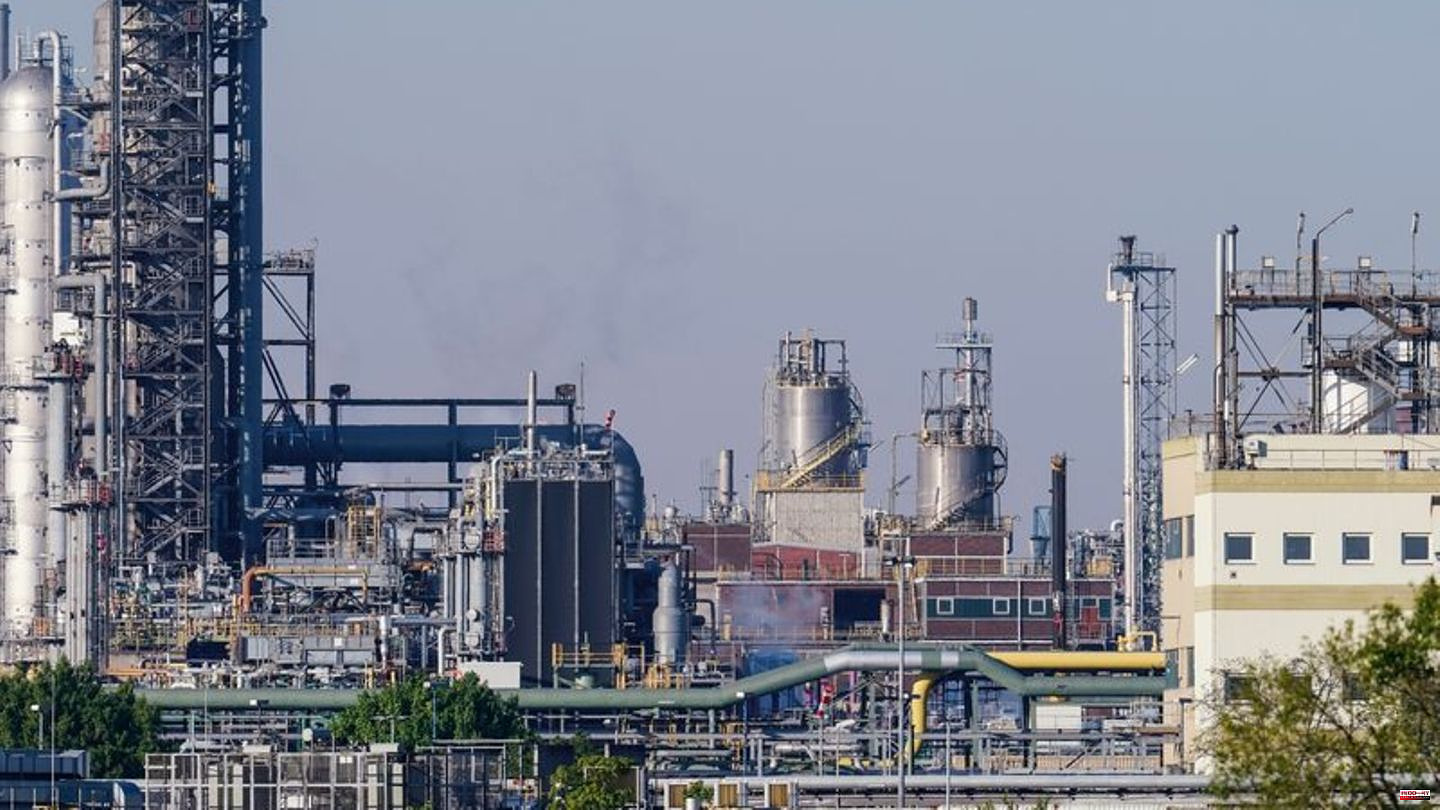According to a study, the federal states in Germany are feeling the effects of the energy crisis differently. According to the rating agency Scope, the consequences of expensive gas will hit Rhineland-Palatinate and Saxony-Anhalt in particular, and Hesse and North Rhine-Westphalia at some distance. The chemical industry is relatively well represented in all of these countries.
The city-states of Berlin, Hamburg and Bremen, where the service sector plays a major role, are suffering less from the crisis, they say. Bavaria and Baden-Württemberg, with their strong economies, also get off relatively lightly. The automotive industry has a strong presence there, the energy-intensive industry less.
Scope has analyzed how high the share of energy-intensive industries is in the gross value added in the countries and what role gas plays in energy consumption. Scope counts the chemical industry, base metal manufacturers, oil refineries and the paper industry among the energy-intensive sectors. Their share is particularly large in Rhineland-Palatinate (almost 10 percent) and Saxony-Anhalt (a good 7 percent): The chemical giant and major gas consumer BASF is based in Ludwigshafen, and Saxony-Anhalt has important chemical sites in Bitterfeld and Leuna. The paper industry is also relatively strong in both countries.
Scope estimates that due to the energy crisis and production declines in the affected sectors, gross value added in Rhineland-Palatinate will shrink by a total of 1.2 percent this year and next. For Saxony-Anhalt, the experts assume minus 0.9 percent. Gross value added is calculated by subtracting intermediate consumption from production values. It therefore only includes the added value created in the production process.
North Rhine-Westphalia (-0.7 percent) and Hesse (-0.6 percent) are likely to have fewer losses in overall economic production. The chemical and steel industries are also important there, but the economy is broader. In Bavaria and Baden-Württemberg, the predicted losses are 0.3 and 0.4 percent, respectively, although the absolute sums involved are large.
"Declines in gross value added of around one percent don't sound like much, but they are significant," says Julian Zimmermann, who is responsible for ratings for federal states at Scope. "In absolute numbers, the effect is in the billions." Nationwide, Scope estimates the gross value added losses due to energy-intensive industries at around 15.6 billion euros for this year and next.
The countries would still be able to cope with the declines, says Zimmermann. The economy in Rhineland-Palatinate will grow this year, also because it is boosted by the rapidly growing corona vaccine manufacturer Biontech. Scope does not see the budgets of the federal states in danger either: They benefited from the federal rescue programs.







